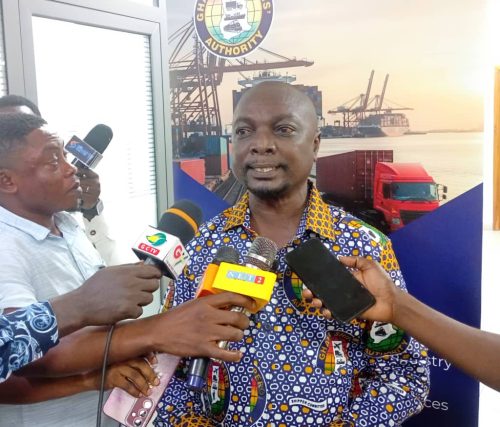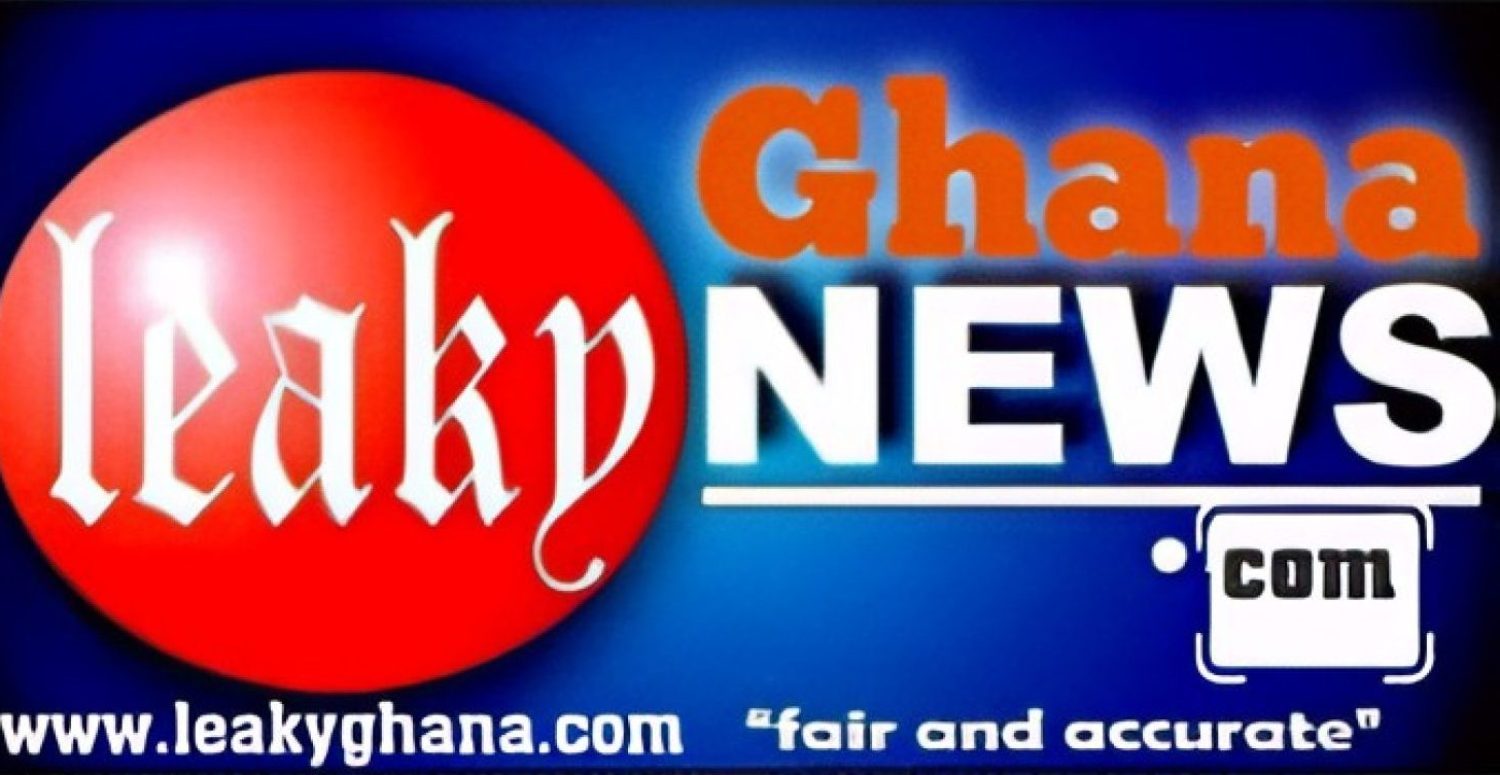

By Enock Akonnor (Managing Editor) enockakonnor2013@gmail.com

The Middle Zonal Office of the Ghana Shippers’ Authority (GSA) has issued a strong advisory to importers and exporters to take direct control of duty and port-service payments through approved digital platforms, as part of efforts to tighten compliance, reduce under-declaration risks, and standardize transaction transparency within Ghana’s port ecosystem.

Speaking at a media engagement in Kumasi, the Middle Zonal Manager of the Authority, John B. A. Glover, emphasized that shippers must “exercise great interest in the work of their agents,” particularly concerning the financial components of customs processes.

Although freight forwarders and clearing agents traditionally manage front-end transactions and invoice generation, he maintained that the ultimate responsibility for payments should rest with the cargo owners.
“Ideally, exporters must endeavor to make payments themselves via available digital platforms, so that they will know that they have actually paid the customs duty generated for them,” he stated. “We want exporters to take an interest in paying duties themselves.”

Glover explained that direct payment verification by shippers will minimize discrepancies that often emerge during post-clearance audits; a key compliance mechanism used by Customs to detect under-declaration, misclassification, and other valuation irregularities. Ensuring accurate payment of duties, he noted, will prevent penalties that arise when audits uncover inconsistencies attributable to agent negligence or malpractice.
Regulatory Reinforcement Under GSA Act 1112
The briefing also highlighted the expanded regulatory authority granted to the GSA under the Ghana Shippers’ Authority Act, 2024 (Act 1112).
Passed in July 2024, the Act reconstitutes the Authority as a fully empowered regulator for commercial shipping and allied logistics services across sea, air, and land corridors.
Act 1112 aims to standardize port pricing regimes, curb arbitrary charges, improve operational transparency, and promote a competitive trading environment.
According to Glover, the Authority now holds statutory power to impose sanctions and fines on stakeholders who violate its operational guidelines; an enforcement capability absent under the previous legal framework.
He urged importers, exporters, and service providers within the logistics chain to cooperate with the Authority to ensure compliance and bolster Ghana’s overall trade facilitation infrastructure.
Media Sensitization and Sector Transparency
Thursday’s engagement formed part of the GSA’s annual sensitization program designed to equip journalists with a technical understanding of the Authority’s functions, new regulatory mandates, and industry-wide reforms.
The initiative is expected to enhance the accuracy and depth of media reportage on shipping and logistics issues, ultimately supporting informed public discourse.
Glover reiterated that a transparent and efficiently regulated port environment depends not only on strong institutions but also on collaborative participation from industry actors and accurate information flow from the media.
The Authority says it will intensify education campaigns across the Middle Zone to ensure that shippers and logistics operators are fully aligned with the provisions of Act 1112 and the evolving regulatory landscape.
Source; www.leakyGhana.com

Enock Akonnor is an experienced Ghanaian journalist, based in Kumasi and currently serves as the CEO and Managing Editor of www.leakyghana.com.
With a wealth of expertise built over many years in the media industry, he has earned a solid reputation as one of Ghana’s most sought-after journalists.
Contact:
📞 +233 541 921 562
✉️ enockakonnor2013@gmail.com







